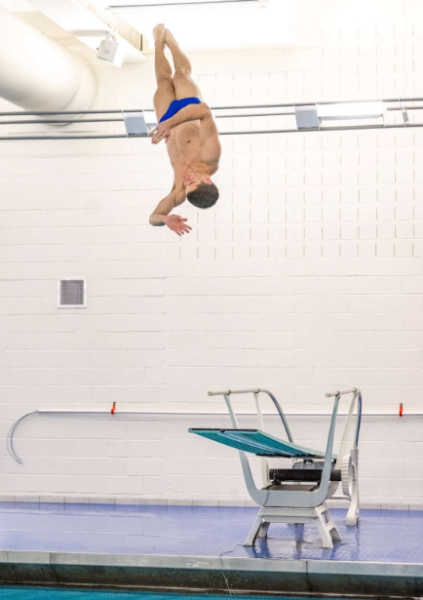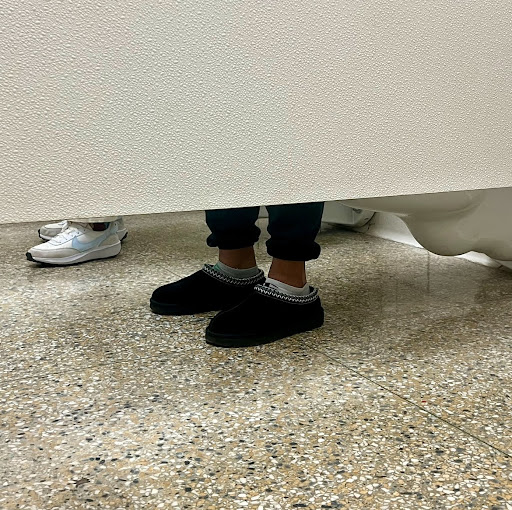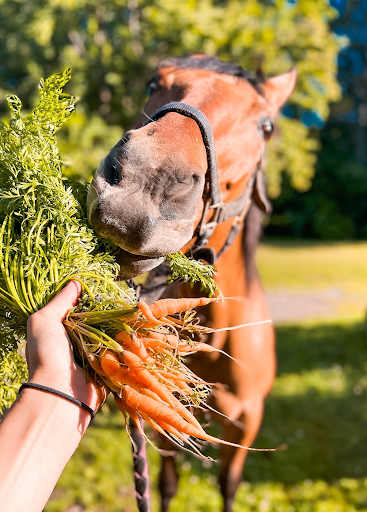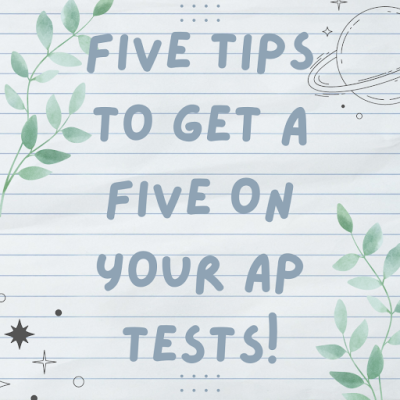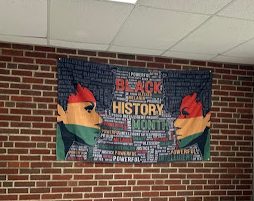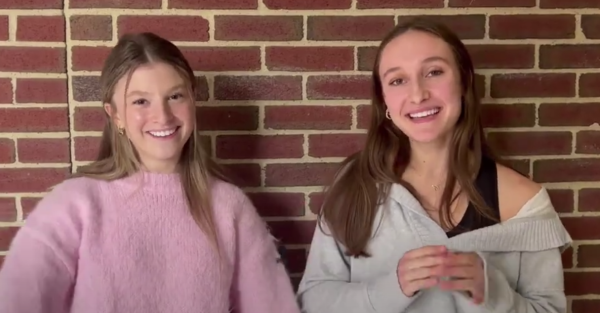SHS on Educational Lockdowns

Pictured here is Stryker and Solon Police Officer Matt Troyer, both members of the canine/search unit that frequently searches SHS. Photo Credit: http://www.chagrinvalleytoday.com/communities/solon/article_a949f094-ba7e-11e3-b7ae-0017a43b2370.html
November 15, 2018
It’s been just over a month after Solon High School (SHS) conducted its first educational lockdown of the 2018-2019 school year where a schoolwide drug search took place. To many students, educational lockdowns strictly translate to drug searches. However, in reality, educational lockdowns serve a broader purpose. Officer Jeffrey Pedicino explained student safety is the motive.
“Educational lockdowns are more than just drug searches,” Pedicino said. “It could be the police searching for a bank robbery suspect, and we don’t want anyone coming in or going out of the building because of the danger on the outside.”
As for educational lockdowns, SHS Principal Erin Short explained that the purpose of everyone not being able to exit their classrooms is to ensure the safety of students by not allowing contact with the dogs on duty since they can be considered dangerous animals.
The Courier surveyed over 200 students from all grades, and found that 22.1 percent of students admitted to using drugs and/or alcohol and 70.5 percent acknowledged that they knew someone in the school that has used drugs and/or alcohol. Despite these numbers, 73.6 percent of students thought the presence of drugs in SHS was a slight problem or not a problem at all. Short disagrees.
“I believe every high school in the United States of America, public, private and parochial, has a drug problem if one kid is doing drugs,” Short said.
The administration believe drug searches not only identify who needs help, but also serve as a preventative measure. If an individual is caught with drugs on campus, they will receive an automatic 10 day suspension. However, if that student agrees to receive help and it is his or her first offense, the punishment will be reduced to a five day suspension.
Administration at SHS focuses on helping students recover from drug abuse rather than overloading them with consequences.
“We are not always just trying to penalize kids,” Short said. “If you came into my office tomorrow and say ‘Ms. Short, I have a problem with [drug use],’ then you’re self reporting and we [will] get you help, educate you and hopefully make you well.”
Once a student self reports their drug problem, the administration moves quickly to assess the problem to get you well as soon as possible. This process typically commences with a meeting with Student Assistant Facilitator, Ms. Jodie Lurie.
“I typically get involved with substance abuse [students abusing substances] when a student is using either at school, on school grounds [or] when any student is found with drugs or alcohol, I am part of the intervention,” explained Lurie. “The same goes if a [student] self-reports.”
It can be scary to come clean, but Lurie believes that only when parents and the school administration become informed can the process of rehabilitation begin. This process is unique to each individual but can succeed only if the student is willing to commit themselves to the process.
“The first step is owning it [while] knowing that there is a problem and an addiction issue,” said Lurie. “The other piece that’s really crucial is a true assessment.”
This assessment garners information regarding family history, drug tests, and personal questions. After this assessment is made, a plan is crafted for that specific person.
“[These plans can] range anywhere from nothing, to weekly to being introduced to a program called IOP, an intensive outpatient that is three days a week of group work,” explained Lurie. “It may even lead to a residential facility if there’s major addiction.”
The treatment plans are thorough but still respect individual privacy and confidentiality, specifically from school staff.
“I don’t have to communicate details to administration,” said Lurie. “I keep that confidential. All I share is whether they’re following through the given process or not.”
Along with the student survey results showed conflicting students opinions varying from grade to grade, gender to gender and extracurricular to extracurricular.
“These lockdowns just bring light to a problem that will always exist,” said a SHS senior from the Courier survey. “The kids that are the actual problem never bring it to school, first timers are the ones being blamed [caught].”
However, other students seem to disagree and looks at educational lockdowns differently.
“I see lockdowns as pretty effective, the more they happen then the more apprehensive people are with bringing illegal substances to school [no matter who the person is].”
This topic brings in conflicting viewpoints, not only to staff but for students in SHS. It is clear that educational lockdowns are here to stay while some students opinions align with this process, some do not.
To most students, educational lockdowns are a trivial part of school life. However, to many students, drug searches shed light on a drug problem they have tried to keep hidden. With this being said, the goal of these searches is both to prevent drug abuse and to help those currently battling it. Every student here at SHS should have the comfort to come forth about any drug related problem. There is a supportive network here at SHS and in the community. SHS urges anyone affected to take full advantage.

